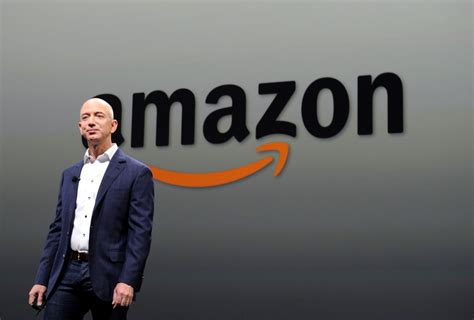Robert Kagan, a former editor at The Washington Post, resigned on Friday, citing alleged interference in the paper's election coverage. The resignation followed The Washington Post's decision not to endorse Vice President Kamala Harris for the upcoming U.S. presidential election. Kagan accused the newspaper's owner, Jeff Bezos, of secretly striking a deal with former President Donald Trump, leading to the paper's shift in stance.

This unexpected decision came just after The Los Angeles Times also refrained from endorsing Harris, sparking staff resignations and public backlash. Kagan claimed Bezos, who owns both The Washington Post and Amazon, wanted to maintain good relations with Trump. He argued that Bezos blocked the endorsement to keep Trump's favor, potentially influencing the election.
Kagan pointed to a recent meeting between Trump and officials from Blue Origin, Bezos's space venture, suggesting it influenced Bezos's decision. This made The Washington Post the second major newspaper this year to avoid endorsing a candidate, a decision that drew immediate backlash from readers and journalists. Within a day, around 2,000 readers canceled their subscriptions in protest, signaling discontent over the paper's shift in editorial policy.
Known for his strong criticism of Trump, Kagan described the situation as a "quid pro quo" arrangement, claiming that Bezos or his representatives engaged directly with Trump to secure a deal. Kagan also suggested that this arrangement had been in development for some time, though neither Bezos nor Trump has publicly addressed these allegations.
In response to the controversy, Washington Post CEO William Lewis issued a statement, claiming responsibility for the decision. He clarified that he had previously announced that the newspaper would no longer publish presidential endorsements, arguing that an independent paper should allow readers to form their own opinions. According to Lewis, Bezos did not review or provide any input on the endorsement process.
Despite this clarification, the decision sparked frustration among Post employees. Columnist Karen Attiah, one of several staff members who resigned, shared her disappointment on social media, stating, "I didn't sign up to be a journalist to be silent on what matters most. We were betrayed today." Her comments highlighted the growing discontent within the newsroom, where many felt that the endorsement had been delayed for potential approval by Bezos and Lewis, only to be canceled.
Kagan's resignation has intensified public debate over media censorship and editorial independence. He warned that the alleged connection between Bezos and Trump could be a troubling sign for the future of journalism. Observers and media watchdogs have expressed similar concerns, with many questioning if the incident reflects a larger pattern of media moguls potentially shaping news coverage for personal or political gains.
This controversy has drawn attention to the complicated relationship between media ownership and editorial freedom, as well as the influence billionaire owners might have over major news outlets. As public scrutiny grows, The Washington Post and its leadership may face ongoing pressure to clarify the boundaries of their editorial independence amidst calls for transparency.








